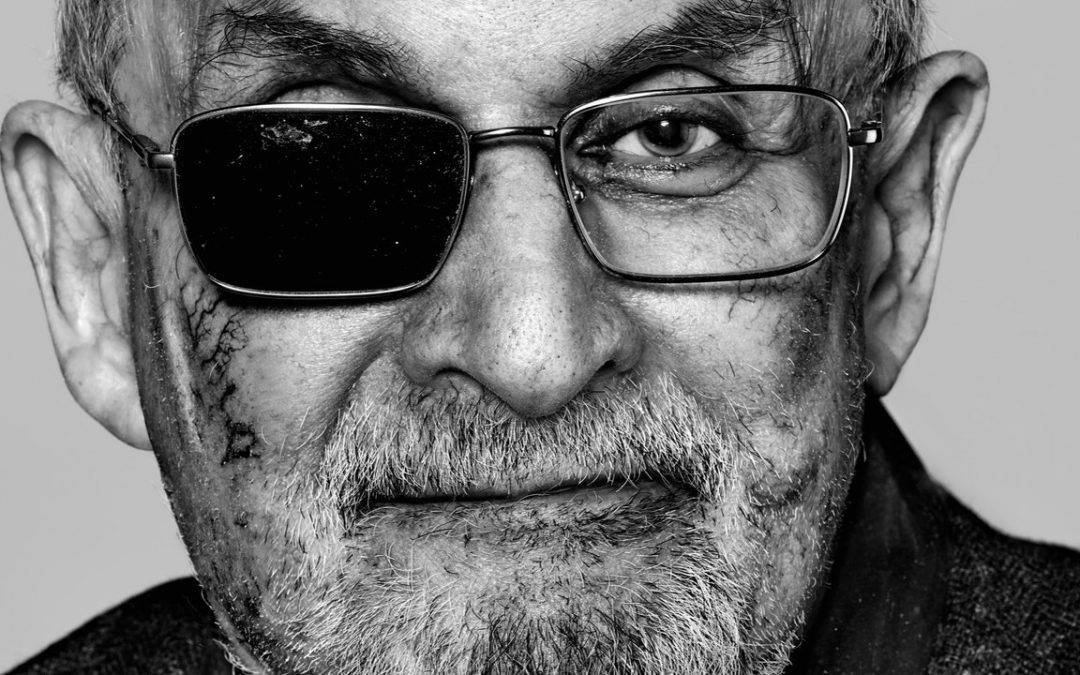Intro Topic: The attempted assassination of Salman Rushdie
On the night of August 11th, an attempted assassination of the celebrated author Salman Rushdie shook the literary world to its core. The assailant, a 24-year-old man named Hadi Matar, had travelled from New Jersey to the Chautauqua Institution in upstate New York to carry out his attack. In this blog post, we will explore the events leading up to the attack and its aftermath, and consider their implications for the freedom of speech and expression in our society.
The attempted assassination of Salman Rushdie was a tragedy that shook the literary world to its core. On the night of August 11th, a 24-year-old man named Hadi Matar travelled from his home in New Jersey to the Chautauqua Institution in upstate New York to carry out his attack. Matar had read about Rushdie’s upcoming event at Chautauqua on Twitter and had decided to take action. He had only read a couple of pages of The Satanic Verses, Rushdie’s controversial novel, but had watched videos of Rushdie on YouTube and was convinced that the author had attacked Islam and its beliefs.
When Rushdie took to the stage, Matar charged forward and stabbed him about a dozen times. Fortunately, a nearby fireman named Desmond Boyle was able to tackle the assailant and restrain him. Rushdie was taken to a Level 2 trauma center in Pennsylvania and hospitalized for six weeks.
The attempted assassination of Salman Rushdie is a stark reminder of the dangers of censorship and the importance of protecting freedom of speech and expression. In the aftermath of the attack, Rushdie has had to rethink his lack of security and consider the implications of his words and actions. It is a reminder that we must be vigilant in protecting our rights to freedom of speech and expression, and that we must be willing to stand up for those who are silenced by oppressive forces.
Source: www.newyorker.com
